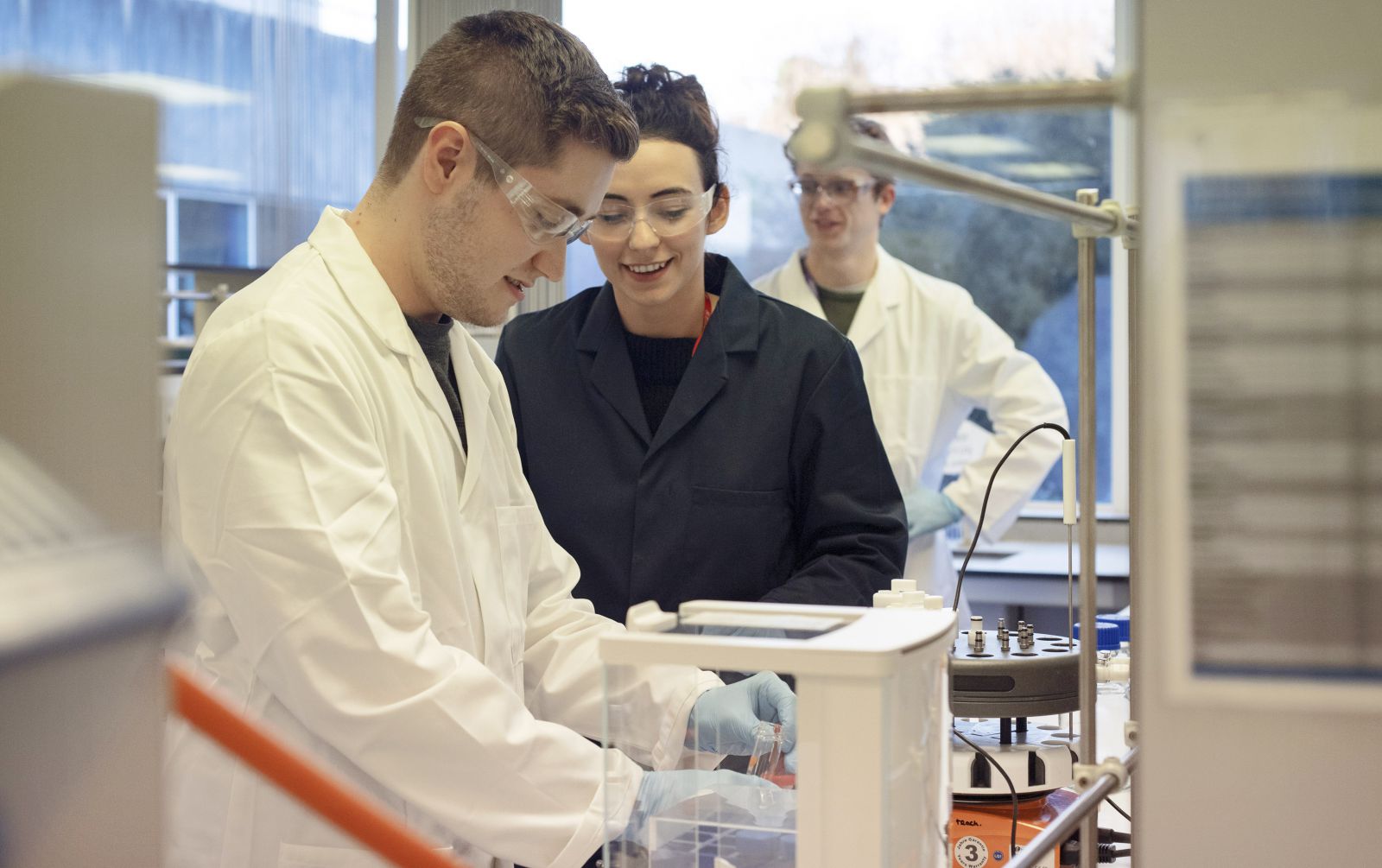What to do with a Biomedical Science degree
Explore the careers you might be interested in going into after studying a Biomedical Science degree.

What can you do with an undergraduate Biomedical Science degree?
Biomedical Science students can go into a number of careers, including pharmacueticals, biotechnology, health science, energy and the environment.
If you decide to study at 小蓝视频, you can choose from a range of modules and will get to practise your skills in laboratory sessions.
Our Biomedical Science and Medical Neuroscience students are also guaranteed an interview to study Medicine at Brighton and 小蓝视频 Medical School if they meet certain criteria.
VIEW OUR BIOMEDICAL SCIENCE COURSES
Already at 小蓝视频? Visit our careers site.
What jobs can you get with an undergraduate Biomedical Science degree?
Jobs may include, but are not limited, to:
- analytical chemist
- biomedical, clinical, forensic or research scientist
- biotechnologist
- crime scene investigator
- dental therapist
- environmental engineer
- genetic counsellor
- medical chemist
- medical science liaison
- nanotechnologist
- neuroscientist
- physician associate
- science writer
- toxicologist.
If you haven’t studied a degree yet and you’re considering a Biomedical Science course, you may want to browse our:
What do our Biomedical Science graduates do?
Hear from some of our Biomedical Science graduates about their careers beyond 小蓝视频:
- Khye Woodman – Drug supply coordinator
- Thomas Amoaten – Biomedical support worker
- Joseph Folan – Database programmer.
Skills
You may develop skills including:
- analysis and problem solving
- independent thinking
- working in a laboratory
- numerical and data analysis
- verbal communication
- teamwork and communication
- IT
- scientific integrity and ethics
- writing with scientific rigour
- creative thinking
- commercial awareness
- entrepreneurship.
At 小蓝视频, you can further develop your study skills by signing up for a range of workshops, tutorials and online resources.
Work experience and placements
You may be able to develop practical and technical experience during your degree through:
- laboratory work
- your final research project (if you do one as part of your course)
- applying for research schemes such as our Junior Research Associate scheme for undergraduate students.
At 小蓝视频, during your degree, you can also choose to apply for one of the below:
- a professional placement
- a research placement (you may able to do a research placement if you are a high-performing student on a selected science course)
- an integrated placement if it is a requirement for a course.
This may help you gain skills and work experience before you graduate. You’ll be responsible for applying for and securing your placement. Find out more about placements and internships at 小蓝视频.
You may also want to look for work experience opportunities at organisations, such as:
- forensic laboratories
- charity or government-funded laboratories
- veterinary services
- private pathology laboratories
- publishing companies with specialist press
- food and drink, biotechnology or pharmaceutical industries (in areas such as research and development, quality and assurance and sales).